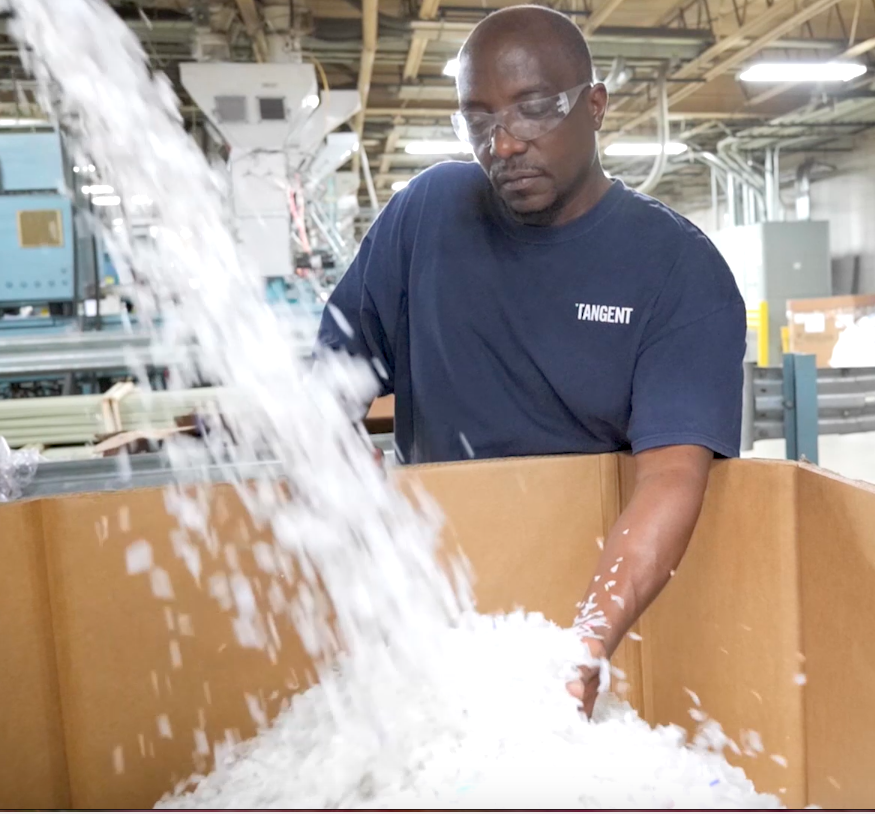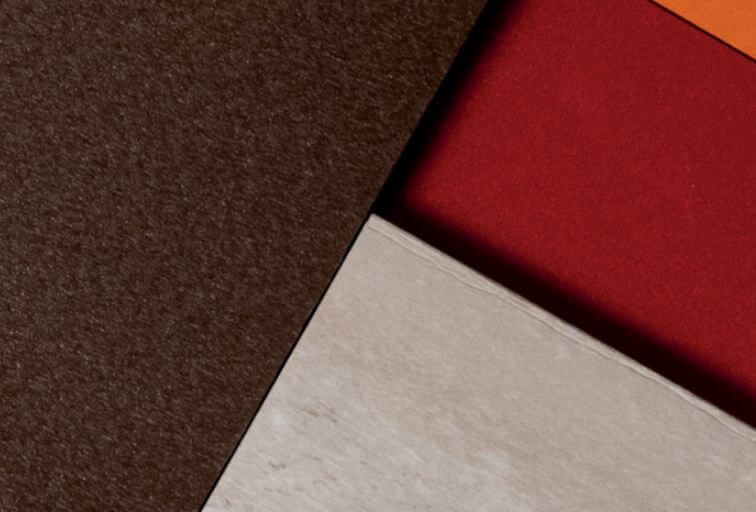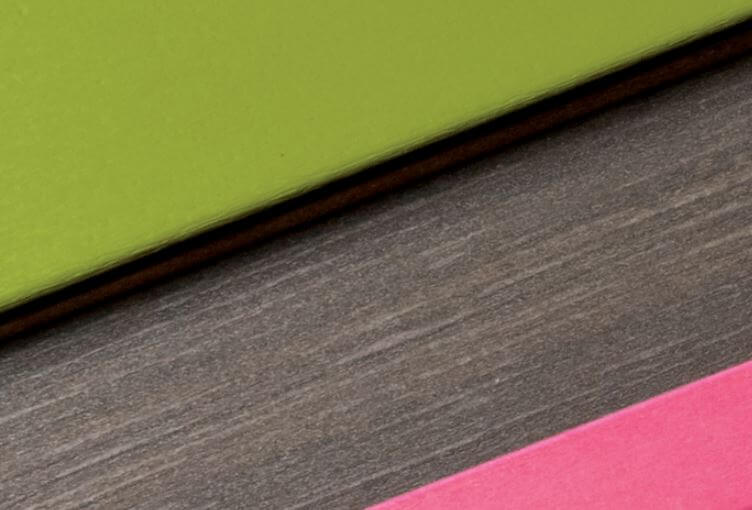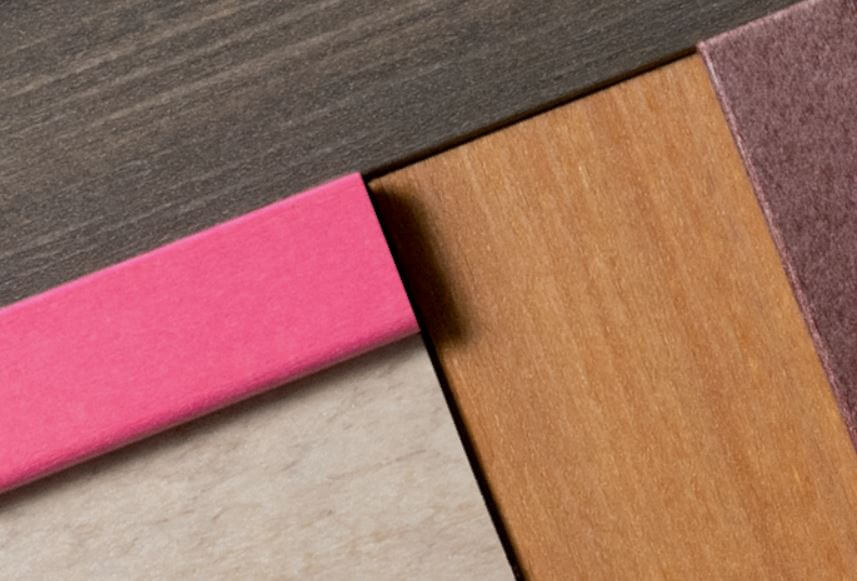How to Choose the Right Fencing for Livestock
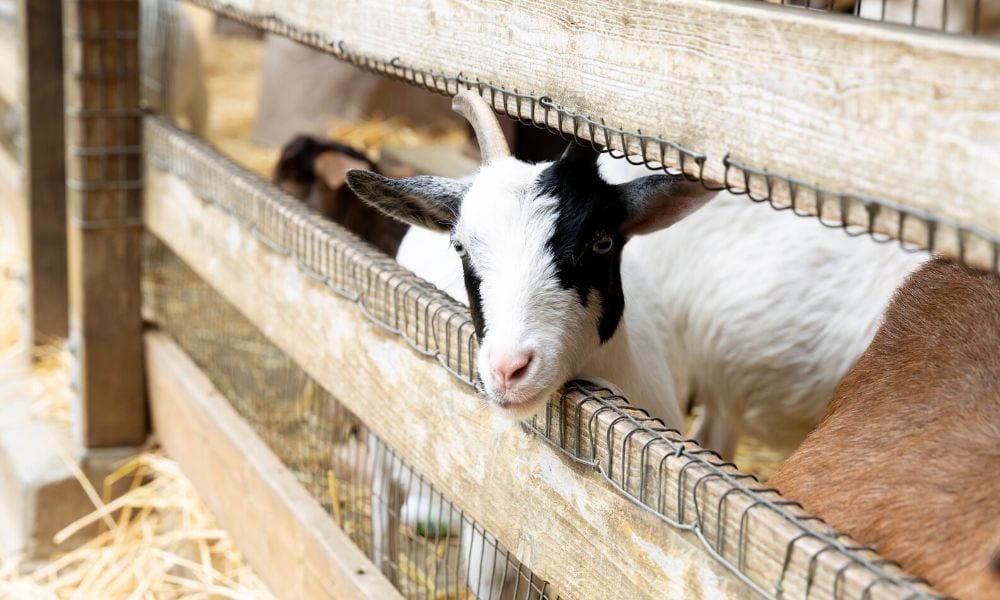
When it comes to residential fencing, its appearance is often just as important—if not more so—than its utility. In contrast, it’s not enough for livestock fencing to just look pretty. It must fulfill its role successfully in order to keep the animals from getting lost and fend off predators. So, what qualities does a good fence in this instance have? We’ll illuminate how to choose the right fencing for livestock using three points.
Think of Your Animals’ Needs
Different livestock has different needs when it comes to fencing. As a result, it’s important to have a clear idea of what your fencing must do based on the type of animal you care for. Cattle will require tall fences that are preferably made of tough wire, while feedlot panels with interlocked wire held within frames work well for pigs. Conversely, you should make sure a fence for horses is thicker and more clearly visible to them so that the horses don’t tangle themselves in the fencing by accident.
Know the Types of Fencing
In order to fit your fence to your animal’s needs, it helps to have knowledge of the types of livestock fences out there. With the characteristics of each in mind, you can make the best judgment on what to obtain. High-tensile fences, for instance, are favored because they are easy to build and maintain. You can also supplement their strength with electricity. Woven wire fences include the feedlot panels used for pigs since they are sturdy and cannot be jumped over by the pigs despite the fences’ short height. Rail fences use boards of wood or plastic to enclose horses since they can be built high and are easier to see than thin wires.
Go for Resilient Materials
Whatever fencing type you settle on, a key to choosing the right fencing for livestock is going for highly resilient materials. These materials should remain steadfast against some battering from the animals and resist degradation. Untreated metal wire can corrode while untreated wood may rot. With the proper coatings of zinc or sealant, though, these can become worthy fence materials that won’t break apart by simply standing outside. Better yet, you could opt for a material that is inherently strong and unaffected by moisture and precipitation. Plastic wood is a prime example of such a material since it doesn’t corrode or decay.
To find a plastic wood supplier that will help you construct your dependable livestock fencing, call Tangent Materials. We can explain the specific qualities of plastic lumber and how it may be used for livestock fencing.


